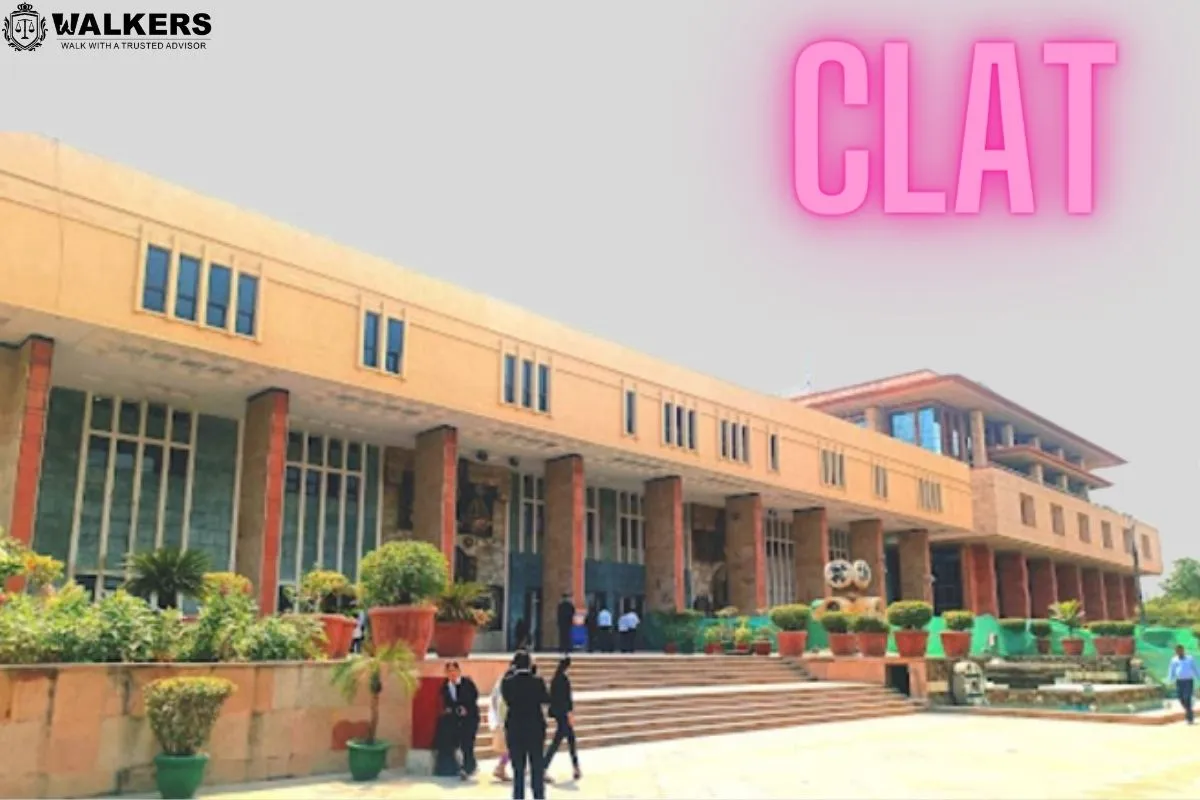


Consortium of National Law Universities (NLUs) Expresses Difficulty in Holding CLAT 2024 in Regional Languages; Rejects Comparison with NEET and IIT-JEE
In the ongoing Sudhanshu Pathak v. Consortium of National Law Universities through Secretary & Ors case, the NLUs have informed the Delhi High Court that organizing the Common Law Admission Test (CLAT) 2024 in Hindi and other regional languages is extremely challenging. The Consortium stated that the test pattern and language mode for CLAT 2024, scheduled for December 2023, have already been announced, and numerous candidates have commenced their preparations accordingly.
According to the Consortium's affidavit, administrative preparations for CLAT 2024, including setting the paper/key and securing software technical support, have been underway since February 2023 and are now in the advanced stages. Consequently, incorporating additional language options for the scheduled exam is deemed nearly impossible.
The Consortium further argued against comparing the CLAT exam with other qualifying and entrance examinations such as UPSC, IIT-JEE, and NEET. They emphasized that these exams are conducted on a significantly larger scale and are not held in all the regional languages specified in the Eighth Schedule of the Constitution.
The Consortium expressed a willingness to closely examine the matter internally and acknowledged the need for further scrutiny. However, they deemed judicial intervention premature, particularly in the absence of substantial data demonstrating a significant demand for the CLAT examination in regional languages, despite English being the medium of instruction in all NLUs.
The Consortium's response came in response to a Public Interest Litigation (PIL) filed by law student Sudhanshu Pathak, who demanded the inclusion of Hindi and other regional languages in CLAT 2024.
The NLUs informed the Court that they have formed an expert committee to assess the feasibility of conducting CLAT exams in Indian vernacular languages. However, the committee has identified substantial challenges in this regard.
One of the concerns raised by the committee pertains to English being the medium of instruction in NLUs, as mandated by the Bar Council of India (BCI) Rules of Legal Education, 2008. The NLUs primarily aim to prepare professionals proficient in English for practice in High Courts and the Supreme Court, where English is the language of the court. The committee suggested that without thoroughly exploring the possibility of teaching in regional languages in NLUs (if allowed by the BCI), an ad hoc approach of testing in regional languages would not be advisable.
The committee also highlighted other procedural issues, such as the complexities of translating legal subjects, availability of background material in regional languages for student preparation, software development, distribution of question papers nationwide, financial implications, and the need to establish institutional support systems for students with limited exposure to English.
The committee convened its first meeting on June 25 and is scheduled to reconvene in the second week of July to discuss these issues further, as stated by the NLUs to the Court.
Additionally, the Consortium informed the Court about an advisory board led by former Supreme Court judge, Justice Indu Malhotra. This board will provide guidance to the Consortium's Governing Body and Executive Committee on enhancing legal education.
The Consortium emphasized that the Advisory Board, in collaboration with the Governing Body and Executive Committee, will collectively address the identified substantive and procedural issues based on the Expert Committee's report and their own deliberations. Their objective is to arrive at the best possible solution and develop a roadmap to expand the reach of CLAT.
Advocates Sakshi Raghav and Annu are representing the petitioner, while Siddharth Aggarwal, Senior Advocate, and Arun Sri Kumar from Keystone Partners are representing the Consortium.
TAGS: CLAT 2024 NLUs Delhi High Court regional languages Hindi Common Law Admission Test Consortium of National Law Universities comparison NEET IIT-JEE feasibility language mode preparation affidavit Sudhanshu Pathak Public Interest Litigation expert committee Bar Council of India medium of instruction procedural issues translation complexities background material software development question paper distribution financial implication institutional support system advisory board Justice Indu Malhotra legal education petition representation.